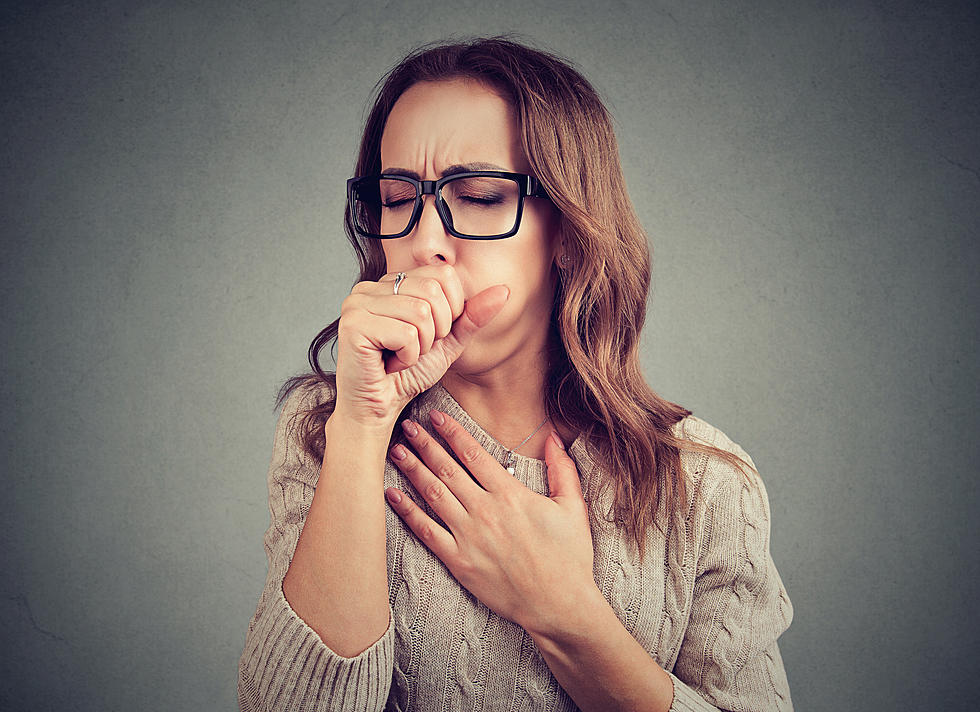
COVID Misery is Lasting Longer for More New Jersey Patients
As the pandemic continues, a growing number of COVID patients are seeking help with symptoms of the virus that don’t seem to go away, or come back after they thought they had fully recovered.
Earlier this spring, researchers estimated 1 in 10 people that got the disease had lingering symptoms and were considered to be a "long hauler." But Dr. Sonia Sharma, a member of AtlantiCare’s Post-COVID-19 Long-haul Clinic team, said the percentage is now believed to be a lot higher.

“One in 4 individuals that do come down with COVID-19 end up developing lingering symptoms, what we call long-haul symptoms,” she said.
But she was quick to point out some research suggests up to a third of all COVID patients may be long-haulers, meaning symptoms persist for four weeks or longer.
COVID-19 long-haul symptoms — What are they? How long do they last?
Dr. Sharma said long-haulers suffer from a variety of problems including brain fog, memory and breathing issues and quite a bit of anxiety and depression.

“Some individuals get better within six weeks time, for other individuals it can be a very longer course,” she said, anywhere from three to 14 months.
She said long-haulers suffering from depression get counseling, and outcomes have been quite positive, while others struggling with neurological issues like “brain fog or memory deficit, that can gradually get better with time, and others are still under treatment, so it’s tough to really pinpoint a percentage.”
She noted one relatively new long-hauler symptom is tinnitus, a ringing in the ears or the perception of sound when external sound is actually not present.
Who's at risk for long-haul symptoms from COVID-19?
Dr. Sharma said there is no way to predict who will be affected by which long-haul symptoms.
“I’ve seen patients in their 40s, I’ve seen patients in their 30s and they were living an active daily life, whereas now they can’t use the rest room independently or they struggle to do the dishes,” she said.
“Other individuals that can’t balance check books, whereas they were accountants before, so the impact really is quite severe.”
Vaccine impact on COVID-19 long-haul symptoms
Dr. Sharma said there have been reports across the country of long-haulers getting much better, or suddenly feeling normal days after getting their second Pfizer or Moderna vaccine, and she has had one patient who improved significantly after being fully vaccinated.
She said the female patient who was in her 60s had required oxygen and needed a walker to move around for several months after getting COVID. But a week after her second vaccine “she’s up and about walking without a walker, she’s no longer on oxygen and she’s back to her baseline functioning.”
She said the first Long-Hauler Clinic visit with patients is done virtually, then treatment is coordinated with specialists, depending on symptoms and severity.
Delta variant dominating NJ - here are signs you may have it
Stunning Jersey Shore rentals, steps from the beach
More From WPG Talk Radio 95.5 FM










